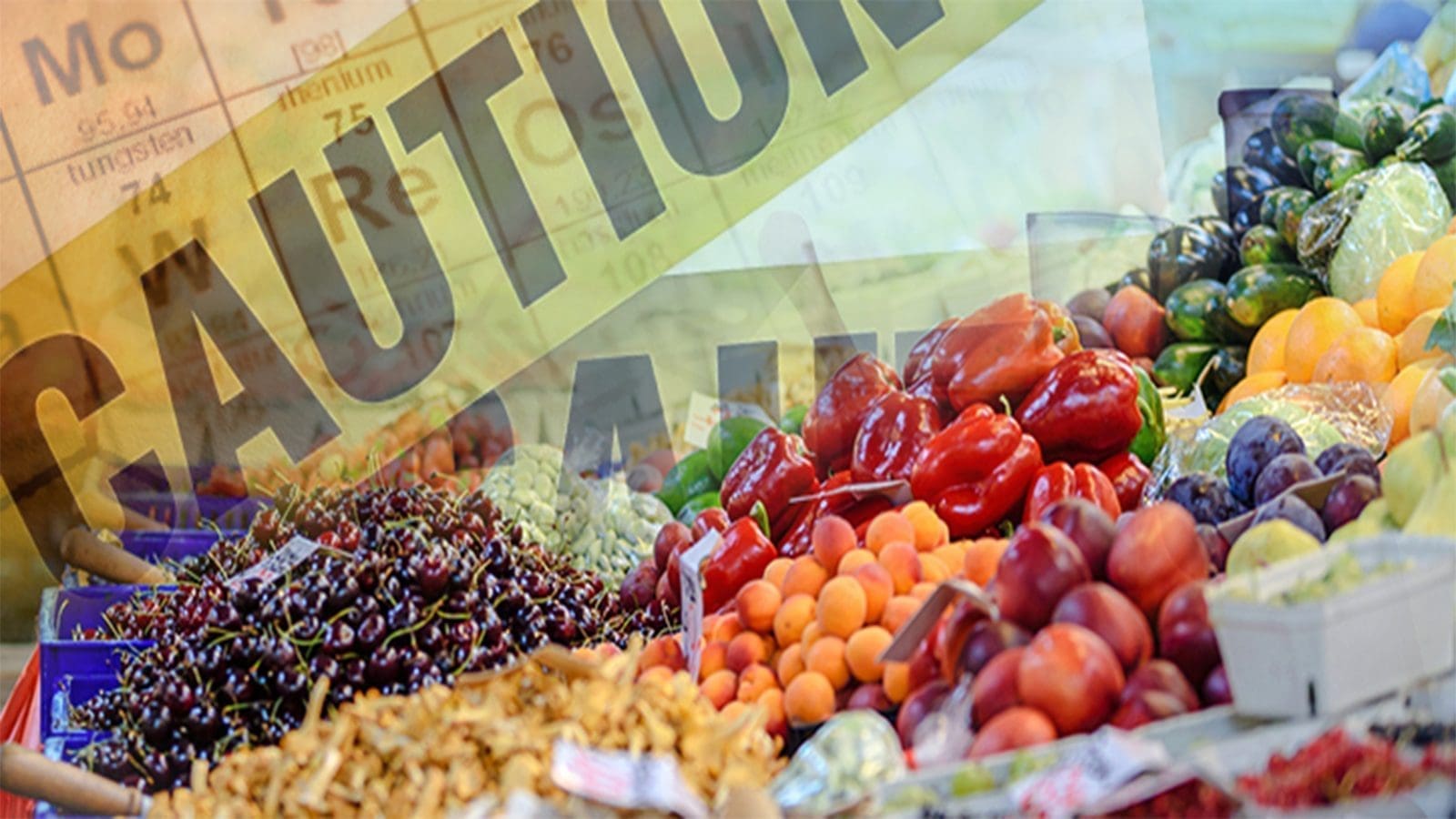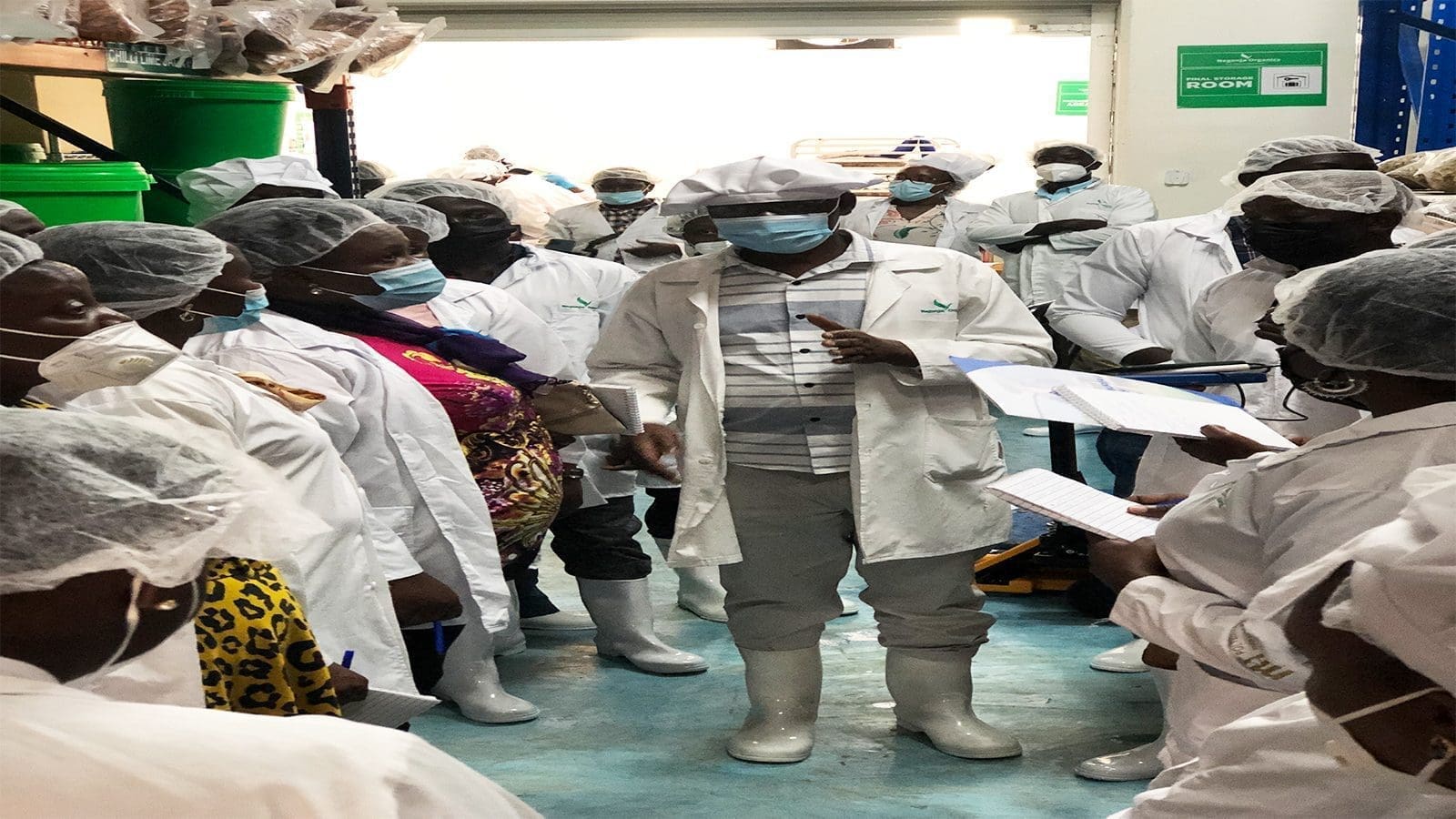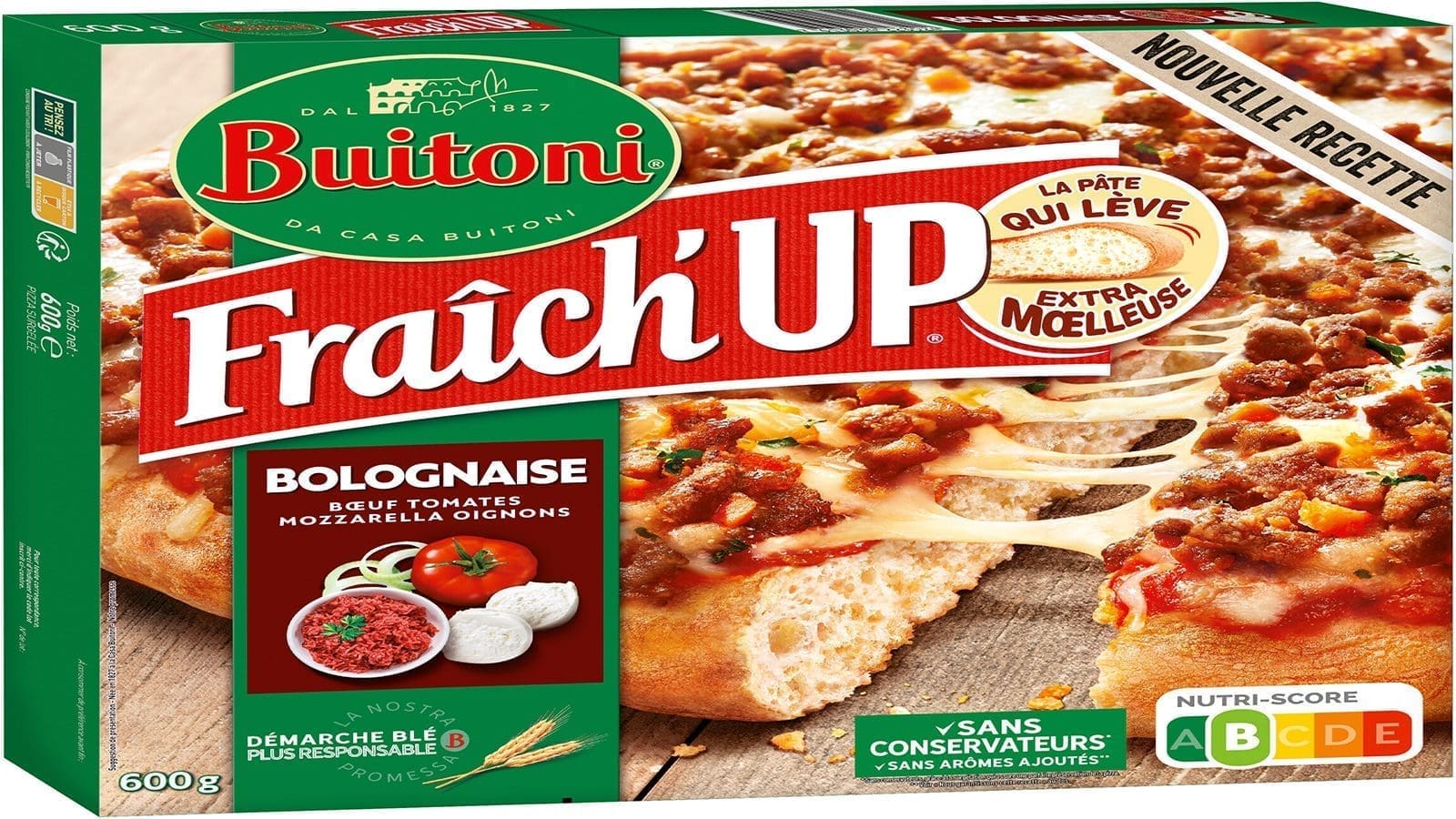IRELAND – The National Residue Control Plan (NRCP) tests conducted in 2021 by the Department of Agriculture, Food, and the Marine (DAFM) have revealed that 99.89% of the food samples taken were compliant and contained no indications of permitted or banned pollutants.
The NRCP involves testing for banned substances, approved veterinary medicines, approved animal feed additives, and environmental contaminants.
Over eight food-producing species, including bovine, ovine, porcine, poultry, equine, farmed game, wild game, and aquaculture, 15,922 samples were analyzed last year.
As part of the process, samples of milk, eggs, and honey were also examined in accordance with “target sampling” criteria, which look at foods that are more likely to have illegal residues.
The Department of Agriculture, Food and the Marine said that just 18 of these samples yielded a non-compliant result, with the bulk of these samples being contaminated with approved drugs.
Minister for Agriculture, Food, and the Marine Charlie McConalogue welcomed the findings and noted that the high level of compliance indicates a sustained trend since 2013.
“These results, which are highly reassuring in terms of consumer safety, are a key element in ensuring that Ireland’s reputation as a producer of high-quality safe food is maintained both in Ireland and throughout the world,” he said.
Despite their contamination, the Food Safety Authority of Ireland (FSAI) concluded in an investigation that the residues did not pose “an unacceptable food safety risk to consumers, and none required a recall of products from the market”.
According to the agency, neither the NRCP testing nor any subsequent investigations turned up any proof of the unauthorized use of hormones that promote growth or any other compounds that are prohibited for use in food-producing animals.
“This allows us to export Irish agri-food products into markets all over the world, which as I witnessed myself in recent trade missions to the Far East, place a high value on knowing that Irish food products are a healthy and safe choice for their consumer,” Charlie said.
The DAFM also stated that the strong compliance indicates that the vast majority of farmers are acting responsibly in their use of animal remedies, medications, and feed additives.
It added that the monitoring programme helps to protect consumers and animals by ensuring a high degree of compliance with EU regulations.
For all the latest food safety news from Africa and the World, subscribe to our NEWSLETTER, follow us on Twitter and LinkedIn, like us on Facebook and subscribe to our YouTube channel.








